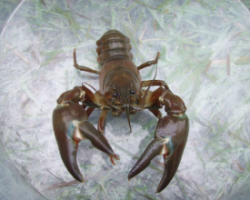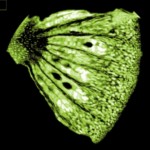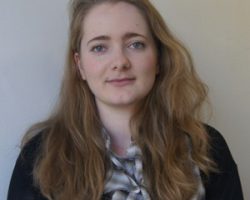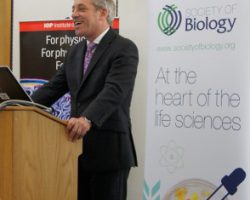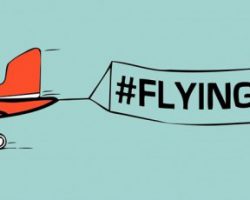The Everyday Brain
by Zara Gladman On Friday 19th October 2012, schools, universities and individuals across the country will attempt to set a record for the World’s Largest Memory Game. Guided by neurobiologist Dr Daniela Peukert, I stuck on my thinking cap and took a journey around this highly complex organ . . . We all have one. Einstein’s was smaller than average. The scarecrow from The Wizard of Oz pined for one. I am of course talking about that squidgy, tofu-like lump of “grey matter”, encased in your skull: the brain. This amazing organ controls just about everything you do, from making a cup of tea to falling in love. The biggest part of the brain, the cerebrum, can be broadly divided into two regions called “hemispheres”. Generally, the right hemisphere controls the left side of the body and vice versa. The right hemisphere is also associated with functions like creativity and…

